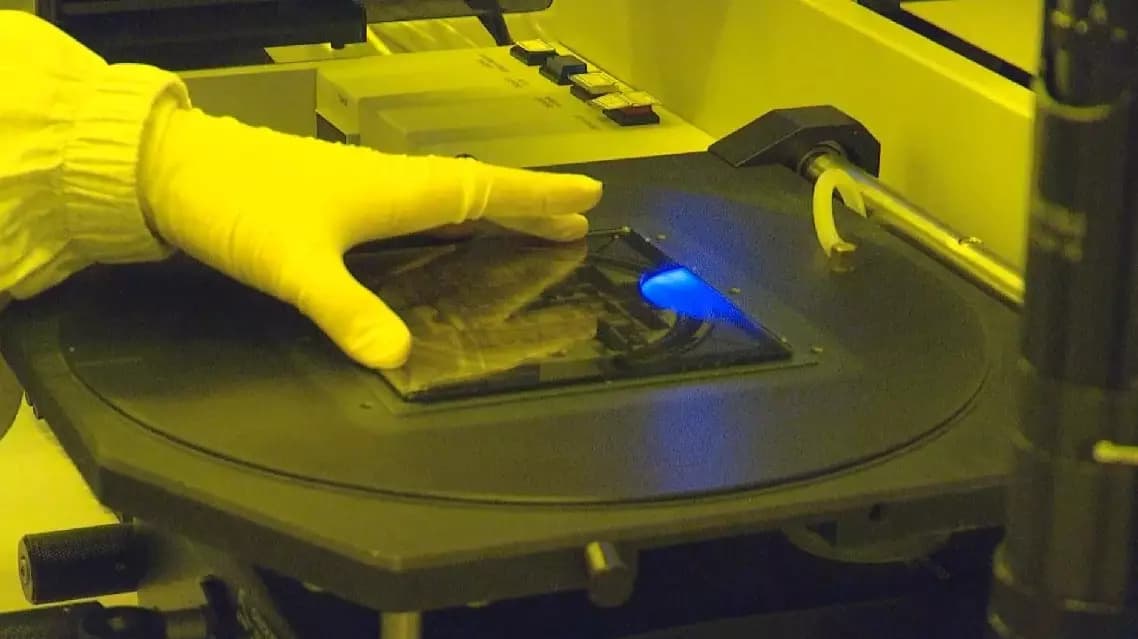China's BCI Technology Enables World-First 15-Micrometer Precision in Brain Tumor Removal

Chinese researchers have achieved a significant global first in brain-computer interface (BCI) technology, successfully completing a clinical trial for precise localization and complete resection of deep brain tumors. This groundbreaking development utilized independently developed implantable microelectrode arrays, acting as a "brain navigator" for surgeons. The trial was a collaborative effort between the National Key Laboratory of Sensor Technology at the Aerospace Information Research Institute and the Neurosurgery Department of the First Affiliated Hospital of Harbin Medical University.
The core innovation lies in an implantable microelectrode device, dubbed "NeuroDepth," which provides an unprecedented spatial resolution of 15 micrometers. This advanced precision allows surgeons to accurately distinguish between tumor tissue and healthy brain tissue, a critical factor in improving surgical outcomes. According to Pandaily, this level of detail is akin to pinpointing "every grain of sand" within the brain.
This technology represents a major leap forward for patients suffering from common brain tumors like gliomas, where indistinct boundaries between cancerous and normal tissue make complete removal challenging. In the clinical trial, a glioma patient experiencing language dysfunction due to tumor compression underwent treatment. The team accurately identified the tumor's extent, enabling complete resection while preserving vital brain functions, significantly improving the patient's recovery.
China is rapidly advancing its BCI industry, with a strategic roadmap aiming for global leadership by 2030. The government, through various policy documents, is fostering breakthroughs in key technologies, including advanced electrodes, chips, and decoding algorithms. This national push supports a diverse range of BCI applications beyond tumor resection, such as assisting patients with paralysis to control external devices and enabling communication through thought-to-text conversion.
Other significant BCI clinical trials in China include enabling a tetraplegic patient to control electronic devices with thoughts and a patient with amyotrophic lateral sclerosis (ALS) to communicate by converting brain signals into text. These efforts underscore China's comprehensive approach to BCI development, positioning it as a key player in this transformative field. Researchers plan to expand the application areas of this precise localization technology, including aiding patients with sensory impairments and exploring vascular interventional BCI for motor function recovery.